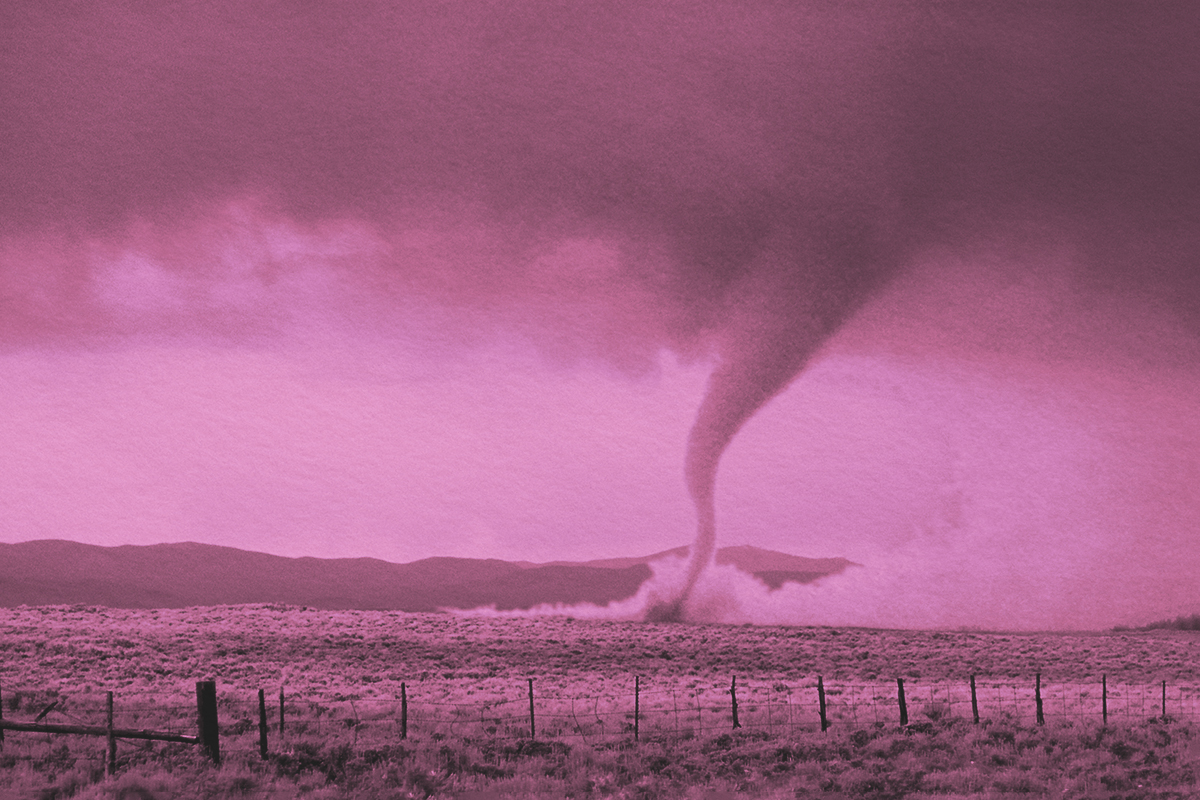
The English language comprises thousands and thousands of words (more than 150,000 in the Merriam-Webster Unabridged Dictionary). But as language evolves and new vocabulary (including slang) is coined, older words that have fallen out of favor are continually revised, retired, and, sometimes, removed from dictionaries.
Dictionaries tend to fall into one of two camps: descriptivist or prescriptionist. The latter means that explicit rules are given as to how language, grammar, and words operate. However, most modern lexicographers are descriptivist, which means they record how language is used by people. As such, sometimes words drop out of the lexicon.
Compendiums such as the Oxford English Dictionary and Merriam-Webster’s Collegiate Dictionary are more likely to mark the usage of a word as “archaic,” “historical,” or “obsolete,” than to remove a word from their corpus (the word for all the words in a dictionary). But smaller or more specialized dictionaries can be more particular. A printed dictionary must be edited, and words that have fallen out of use over time are likely to be dropped from a newer edition. Even online, a specialized dictionary will be limited.
We’re not the arbiters for culling any words from the dictionary, but here are a few words that we think are out-of-fashion enough that they could be up for elimination.
This British English term refers to a landing field for airplanes and related structures (e.g., hangars). The word “airport” has since replaced it.
This is an obsolete term for psychiatry, the study and treatment of mental illnesses. It’s a fair assumption this term was phased out due to the offensive connotation of connecting the word “alien” to people with mental illnesses.
“Brabble” is a synonym for “squabble,” “quarrel,” “argue,” or “fight.” This term has fallen out of fashion, and there are so many other available words, so it seems ripe for retirement.
This word belongs in historical fiction. The term was borrowed from French, where it meant “wagon with benches,” for a Victorian-era sightseeing vehicle, but it’s long obsolete.
Check again. The spelling is not “delicate.” “Deliciate” means “to amuse or please oneself by indulging in revels.” However, it does trace back to the Latin word delicatus, which means “delicate.” With this confusing etymology, it’s good that this word dropped out of common use.
This adjective was used to describe something that causes cold or is chilling. Today we still have “frigid,” but the older cousin is no longer commonly used.
It sounds like an advanced form of interrogation, but “supererogation” means “going above and beyond what is required by duty, obligation, or need.” Its roots lie in Medieval Latin, and it was primarily used in religious contexts. We think “going above and beyond” says enough in today’s language.
The original definition of this word is “a young man or a child.” There’s also a former department store founded in 1856 by the name of “Younkers.” There isn’t much need for this one in the dictionary anymore.

















